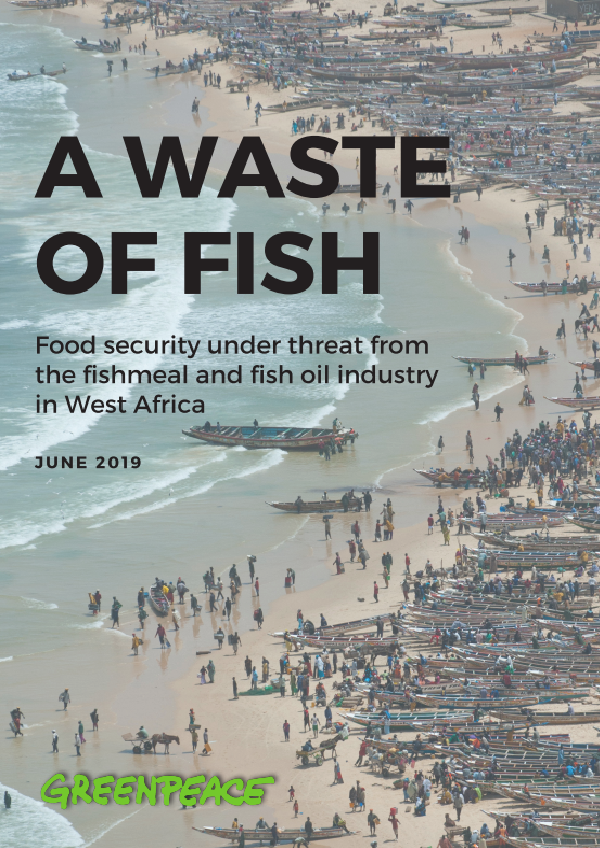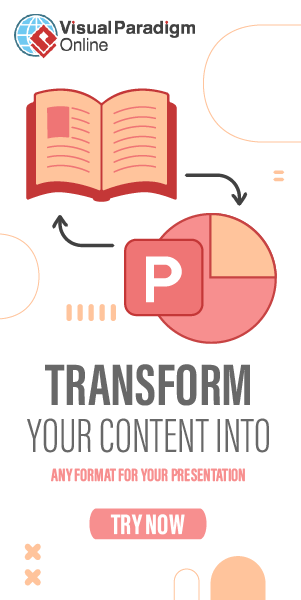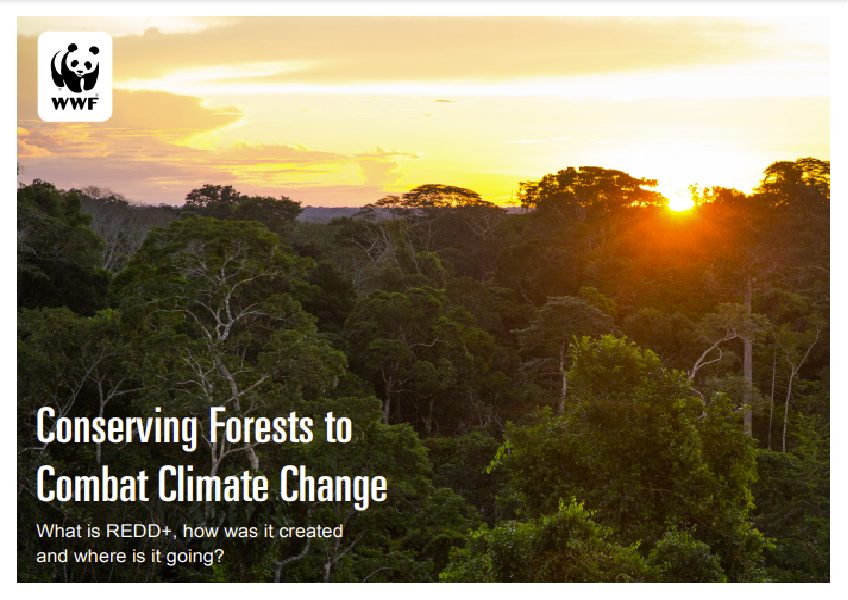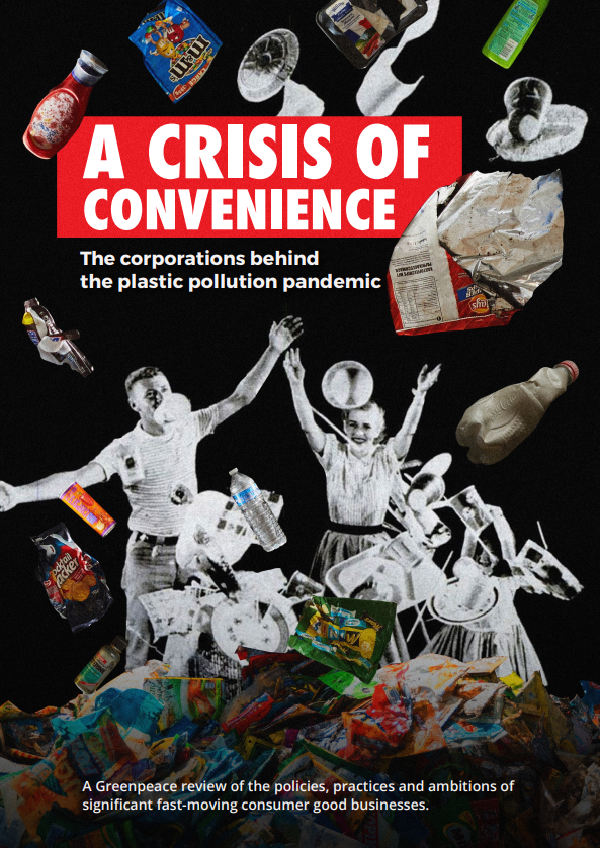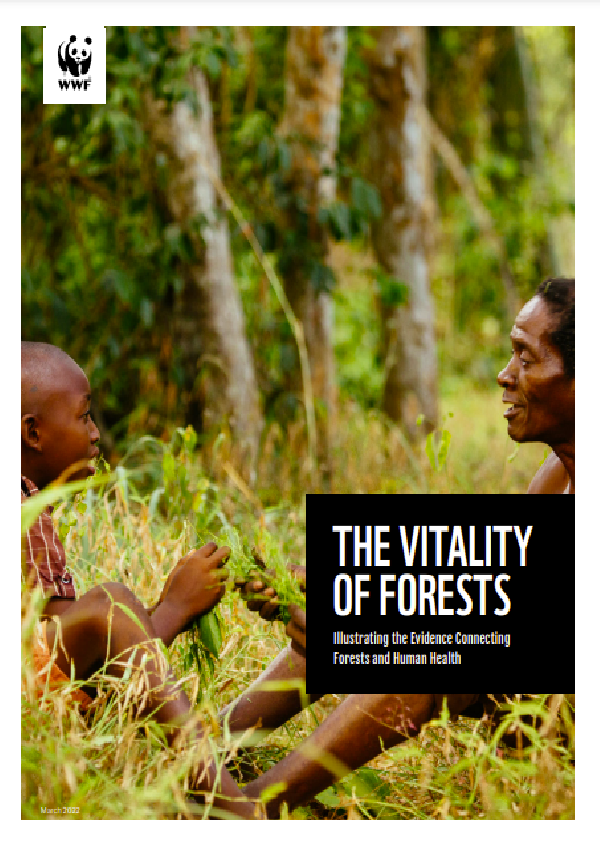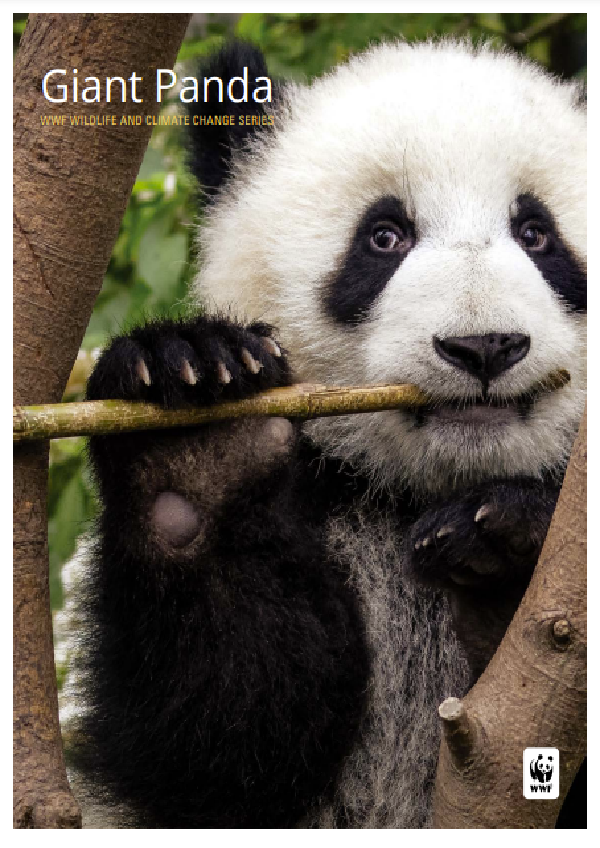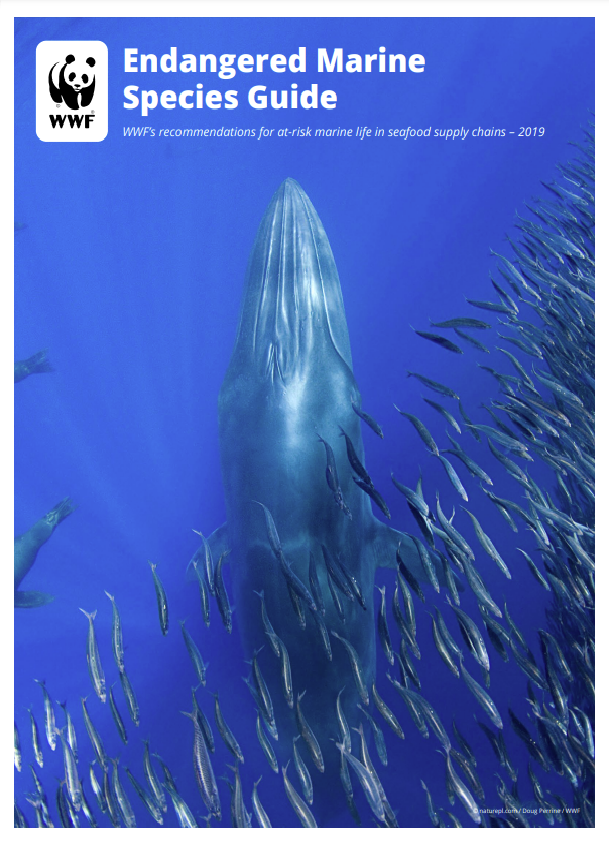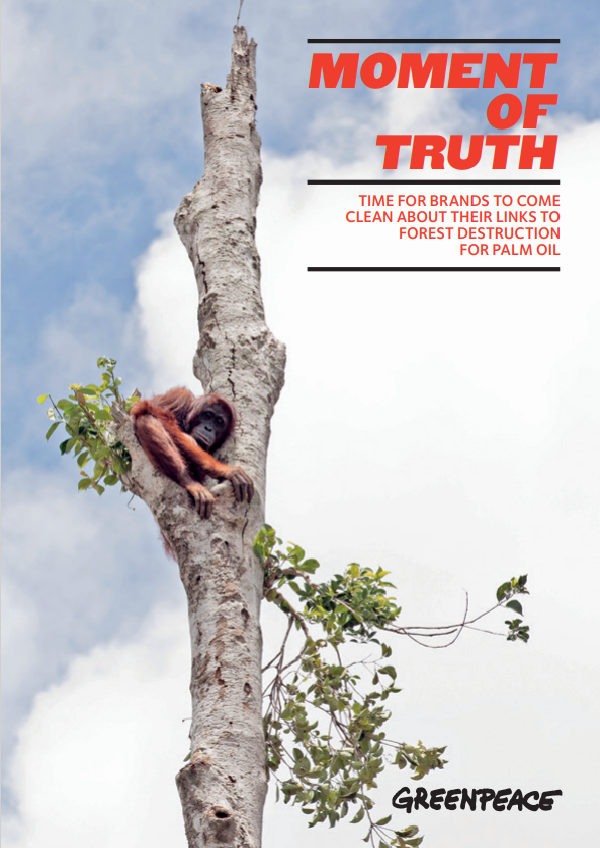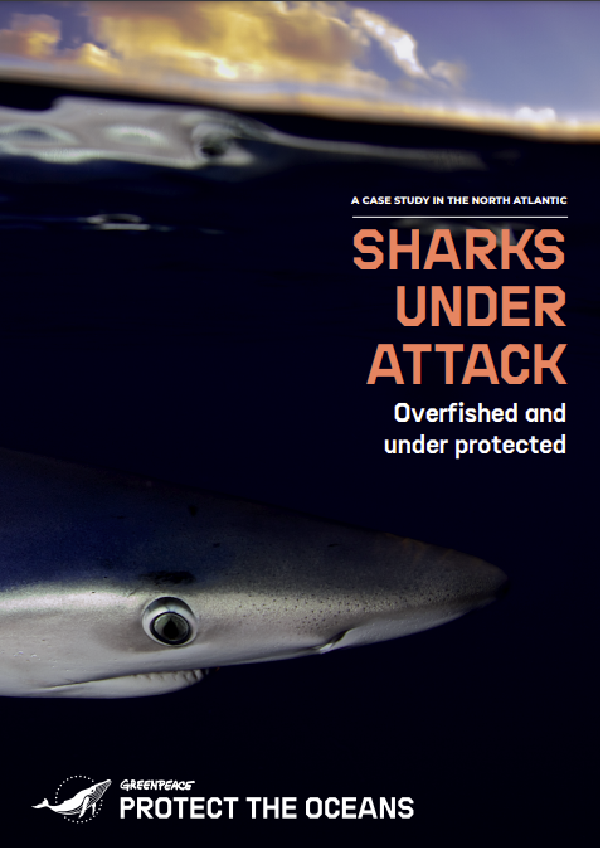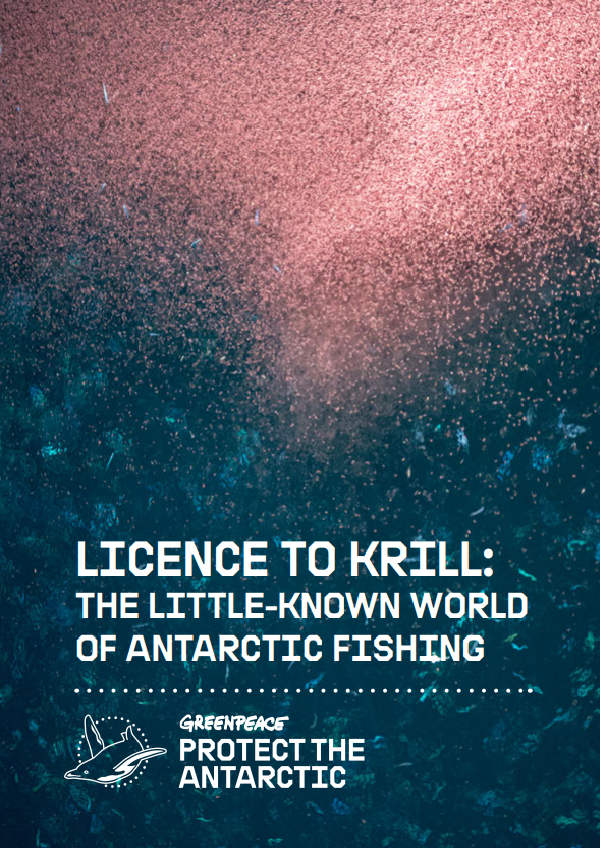Food security is under threat from the fishmeal and fish oil industry in West Africa.
This study sets out how the regional fish stocks essential to food security and livelihoods of communities in West Africa are under threat from the wasteful and expanding fishmeal and fish oil (FMFO) industry in Mauritania, Senegal, and The Gambia. Greenpeace Africa is calling on West African governments to immediately phase out the industry.
The ocean is essential to life itself, providing the air we breathe, the food we eat, and regulating our global climate. Food from the ocean is eaten by billions of people around the world and is critical in West Africa. In Senegal, fish is around 70% of the animal protein consumed, and in The Gambia, it’s over half. But the fish on which these coastal countries and the sub-region depend is being diverted from the local food supply to factories, where it is turned into fishmeal and fish oil for export. Rather than feeding local people, West Africa’s fish is increasingly nourishing the fish farms and feedlots of other countries.
A number of small pelagic fish species occur along the West African coast. Fisheries for some of these species, for example sardinella, have long provided important sources of food and employment in the region. More recently, industrial exploitation of these stocks has rapidly developed, providing raw material for processing into fishmeal and fish oil.
The production of fishmeal and oil has expanded rapidly in the past few years, particularly in Mauritania. The primary species for the fishmeal and oil industry are round and flat sardinella (Sardinella aurita and S. maderensis) and bonga (Ethmalosa fimbriata) which are essential to food security and livelihoods in fishing communities, particularly in Senegal and The Gambia. Fish worker organizations have been voicing their concerns over the development of this industry and the threats it poses to fish populations and people’s livelihoods and food security.
Greenpeace1 documented 50 fishmeal and fish oil factories operating primarily in Mauritania and more recently also in Senegal and The Gambia, of which 40 were active in March 2019. Based on the analysis of official data, Greenpeace identified export destinations, with the bulk of Mauritania’s production in 2018 exported to China, the European Union (EU), Turkey and Vietnam, while Senegal exports to other African countries and the EU. Tunisia and the EU receive much of the significantly smaller Gambian production.
All three species used for fishmeal and fish oil are over-exploited, according to the most recent stock assessments by the Food and Agriculture Organization of the United Nations (FAO) Working Group on Small Pelagics. Scientific advice is to significantly reduce catches of the three species, primarily those destined for fishmeal and oil factories. At the same time as catches have increased, the quantity and quality of catch data have seriously declined.
The current situation is one of over-exploited and depleted fish stocks and a rapidly increasing shift of catches from human consumption to the production of fishmeal and fish oil for export. This is contrary to a number of commitments and obligations of the governments of the countries concerned, including international fisheries management instruments and major international commitments such as the United Nations Sustainable Development Goals
Urgent action must be taken to reduce the intensity of fishing in the region to environmentally sustainable levels and ensure that it first and foremost meets the food security and livelihood needs of local populations and fishing communities. Such action has been called for many times and must now be translated into concrete measures.
Source: Greenpeace (http://www.greenpeace.org)
